Japanese food-making tradition is known for using unusual ingredients such as rice vinegar, for instance. This product is widely appliable in making sushi, as a dressing, and for sweetening some sorts of fries.
For sure, Europeans and other non-Asian folks are not familiar with this product so many of us probably wonder: is rice acetum the same as sake vinegar?
In addition, not everyone knows what sake is.
So today we’re going to provide you guys with the nuances of this issue.
Related: Does Tahini Go Bad? Expiration Date Guideline
What Is Rice Wine Vinegar?
This product came to us from Asian countries – Japan, China, and Korea. In those lands, it is the number one ingredient in nearly all the dishes of national cuisines!
Naturally, over time, it reached Europe and America, making their dishes become enriched with its exotic flavor and specific taste.
Rice wine vinegar, as it comes from the name of the product, is produced from the cereal starch. The process includes fermentation of sugars that rice contains turning them into alcohol, and after that, converting into acid.
If we compare this product with, let’s say, an ordinary vinegar, its cereal counterpart will be less acidic, and the aroma of white rice wine vinegar will be different, milder, subtle, and even slightly sweet.
Related: Can You Freeze Guacamole?
Types Of the Product
Since it is widespread in different Asian countries, this product may vary in color and other characteristics hanging upon the country of origin and production.
- The Chinese one is stronger than other kinds.
Its color varies from clear and transparent to dark hazel and almost black shades.
It is less acidic than European and even Japanese products.
- The product made in Japan is distinguished by its mildness and mellowness.
Its coloring is also different ranging from transparent to very light-yellow.
In Japan, there’s also a seasoned product that is recognized by the included sake, sugar, and salt.
- In Korea, this product is produced using either white or brown rice.
Today, it is easy to purchase any of those kinds of this condiment since online-shopping has become an irreplaceable part of our lives. Also, shops that sell Asian foodstuff often have these products.
Related: Does Canola Oil Go Bad?
The Product’s Areas Of Use
When speaking of exotic and rare products, we naturally become curious about where they are used.
As for the rice vinegar, its area of application includes cooking mostly.
In the countries of origin, it serves as an ingredient in dressings, for making sushi to add more taste to them, and also, due to its sweetness, some fries include it, too.
It is also perfect for marinades since the condiment mitigates the strong odors of certain meat and fish products and foods.

If you’re not knowledgeable about the specifics of Asian cuisine, it may be complicated to figure out where to make use of this comparatively seldom used liquid.
However, we can give you several handy suggestions!
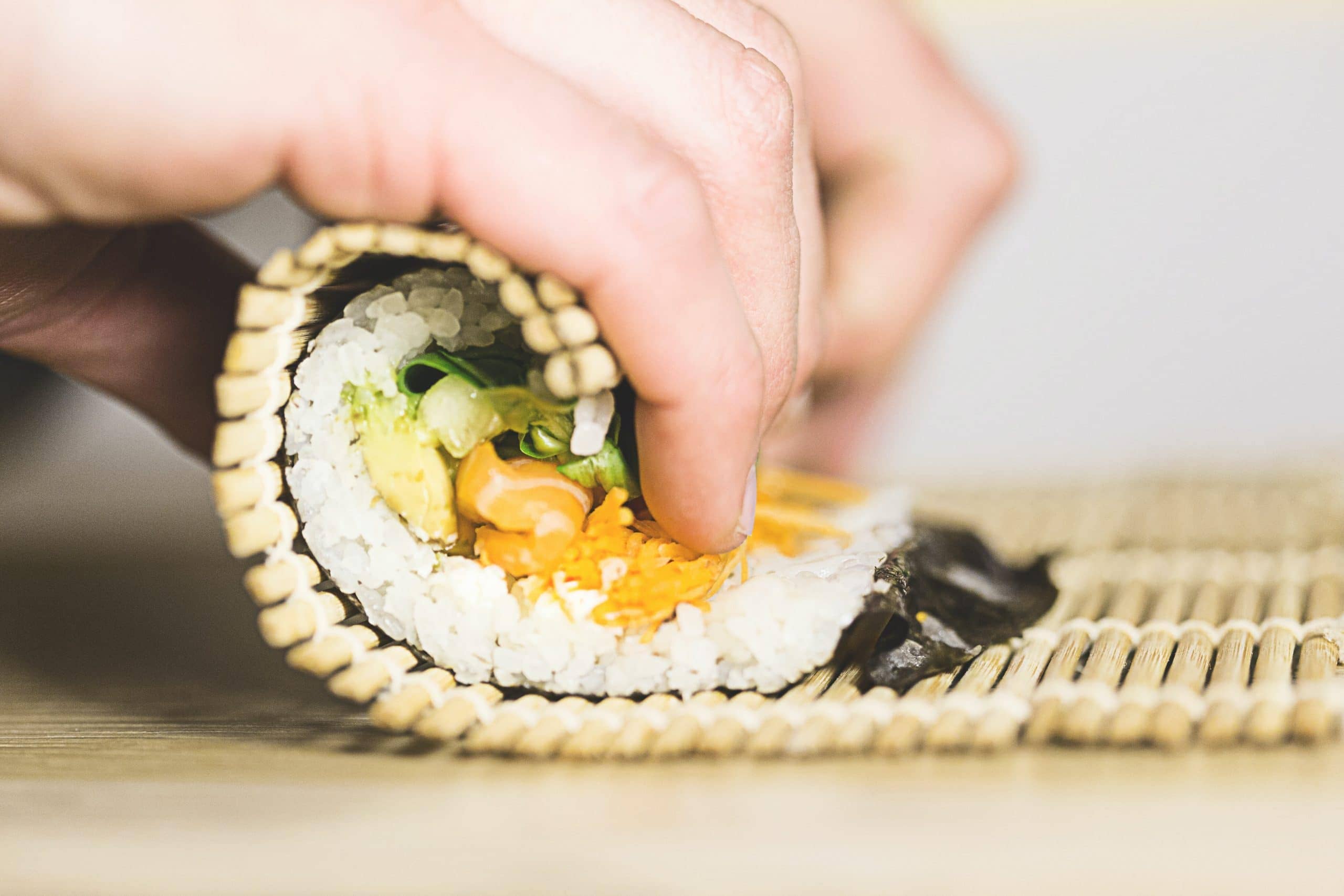
- Try it for doing quick pickling.
- Add it to rice when making sushi at home like a true chef.
- Be brave and mix it to marinade since they say it fits meat and poultry perfectly.
- Bored with all-the-same cocktails? Give them a touch of exotic by adding some rice vinegar! Make your drinks subtle and refreshing!
- It is said to be mixed greatly with french fries.
- Salad dressings and dips will also win from having this product as an ingredient.
As for more unusual areas of use, why not try it as a washer for whites or as a face toner? Yep, people claim that this condiment may avail itself even like this!

What Vinegars Can I Substitute For Rice Vinegar?
This is a common issue when dealing with Asian food. Since most of the recipes require some exotic ingredients that are sometimes pretty hard to find in ordinary grocery stores, people start wondering what they could use in food-making to replace the rare components in the recipes.
The search for proper substitutes can be rather a time-consuming task that may end up with failure.
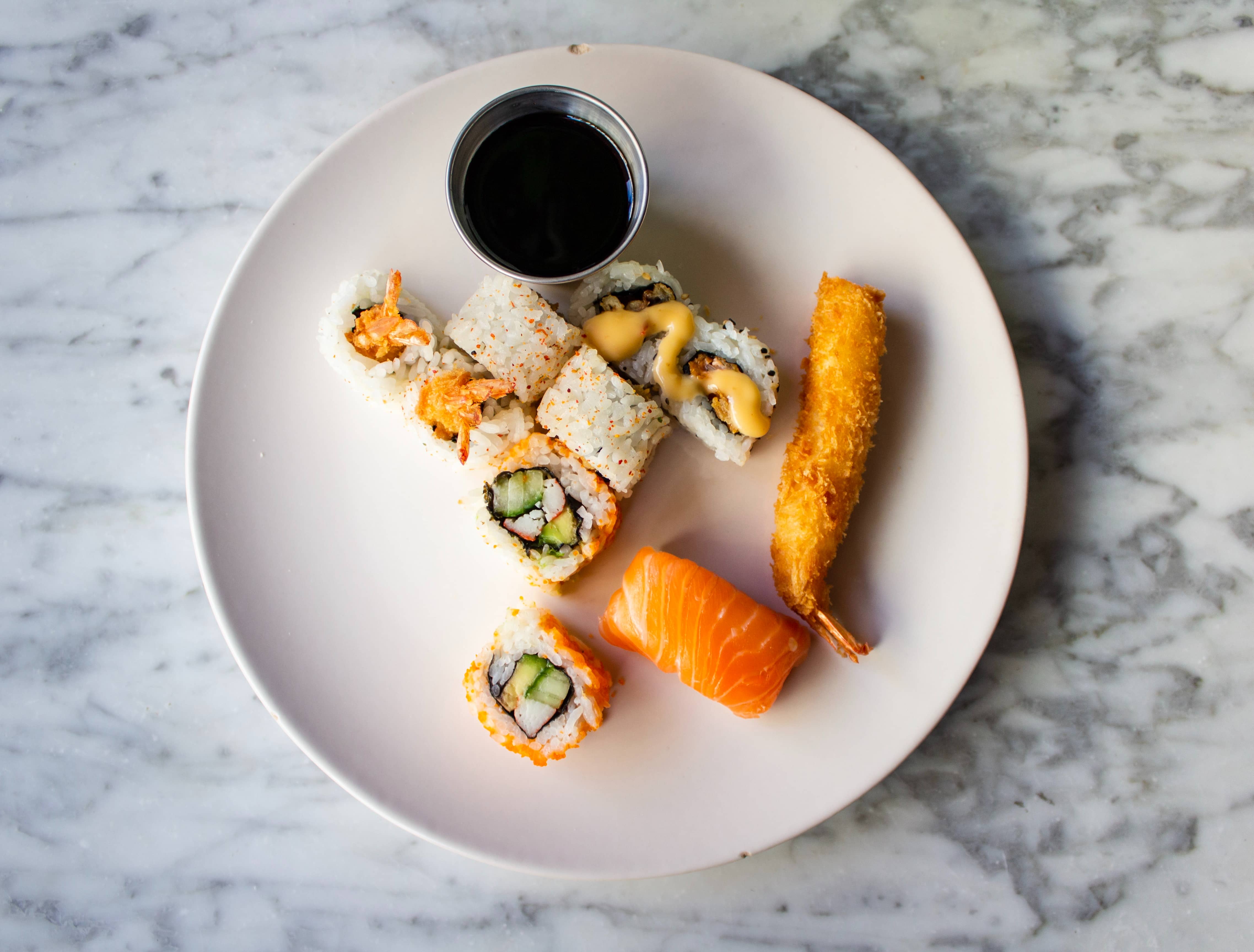
Since it is mostly regarding sauces when such trouble happens, we can help to find those ingredients that you could substitute initial components for.
So, no more need to search for the answer surfing the internet since it is right here!
- Apple cider vinegar is the best of all vinegars that you can substitute for the rice one. It is the same mild, besides, its gentle apple flavor won’t ruin the general aroma of the food. Feel free to use it in any recipe that asks for rice vinegar, and you won’t regret it.
- Balsamic vinegar can also be a fine substitute, especially for salads, chicken, pizza, and other recipes like that. It is mellow sweet and tangy, a perfect component for sauces.
- White wine and red wine vinegar can substitute for the rice one perfectly when it comes to making sauces, stews, and other hot savory dishes recipes.
Of course, a question may occur whether other vinegars (for instance, white wine vinegar or red wine vinegar) could be ok for that purpose.
However, everything is not so simple since not all vinegars can replace rice vinegar the same well. What you must pay attention to is not the color of vinegars but their taste and odor.
For instance, white vinegar is not the best choice for food since it is too harsh and sour unlike the rice vinegar with its mild taste and sweetness.
A frequent question that people often ask is “Can I use plain white wine instead of rice vinegar when cooking?”. Well, it’s up to you in fact. White wine is far less strong compared to its Japanese counterpart, and it is not so sweet. Quite many recipes exist that ask for white wine so if you don’t want (or have no time) to search for the rice wine vinegar, it’s ok to replace it with regular wine.
What Recipe Can I Use Rice Wine Vinegar For?
Since all of us know that this product is widely used in Asian cooking tradition, we stumble when in need of making some food ourselves.
Do you also think that only Asian foods can use this vinegar? Then we will show you far more that one recipe that requires this ingredient!
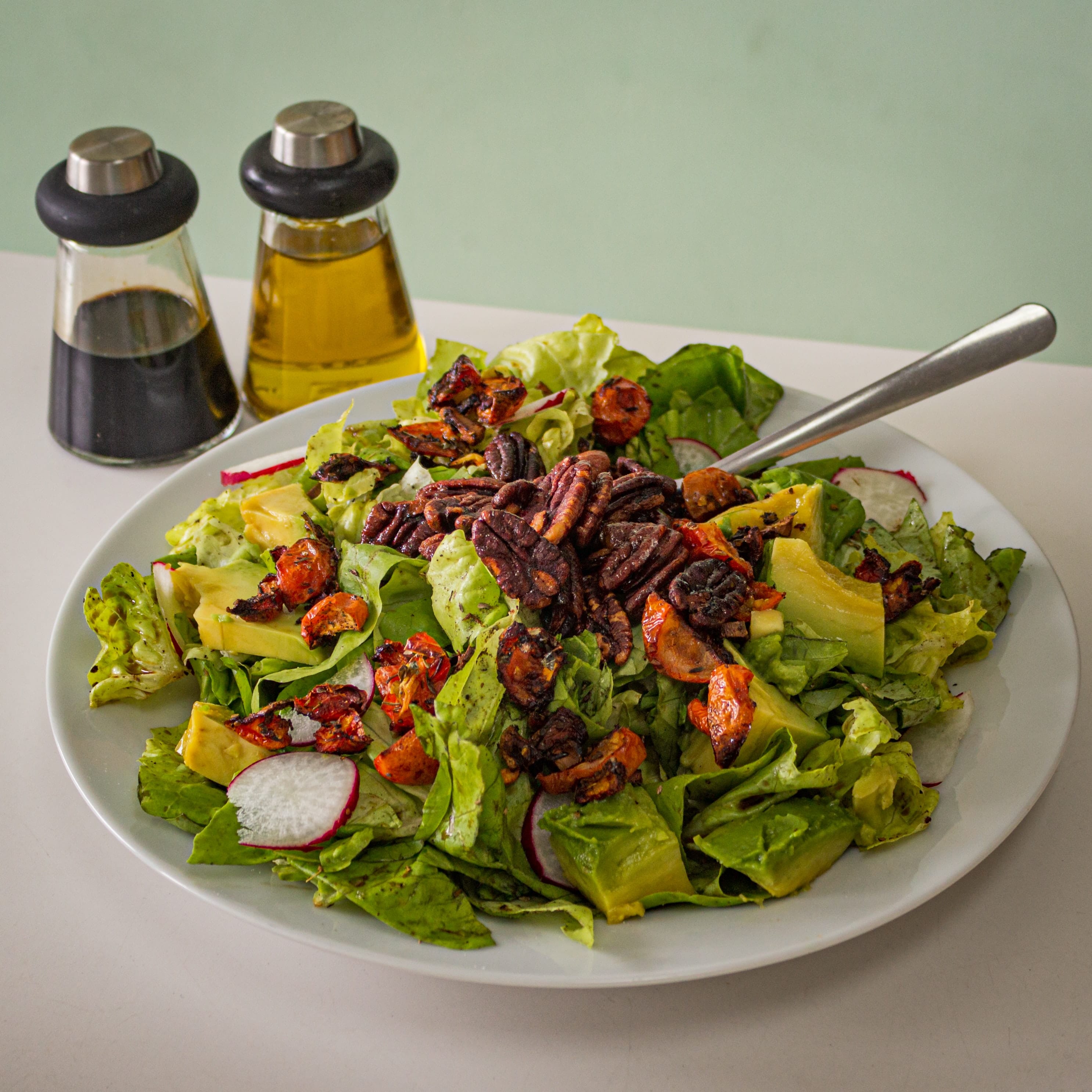
- Feel free to add it to any dressing recipe, no matter what cuisine it refers to
- Another way to make use of this product is to include it to the recipe of any cooked sauce you like
- If you want, you could try it for making pickles!
- If you ever made homemade chips, next time try to prepare them using Japanese vinegar
- This vinegar is especially good for any meat recipe either chicken/poultry or red meat
- It will perfectly fit soups
- If you have ever tried to make sushi yourself, add this vinegar to the recipe next time
Sake VS Rice Wine Vinegar
Naturally, sooner or later everyone faces a dilemma: is sake the same as rice wine vinegar?
Perhaps, people get confused with similar names but in fact, the distinction between them is quite significant.
- The major distinction connecting grain acetum and sake vinegar is how each of the products is produced.
Since each of them is produced of fermented cereal, for producing alcoholic beverage, yeast turn sugars into alcohol.
Vinegar, on the contrary, has one more stage presented by turning alcohol to acid.
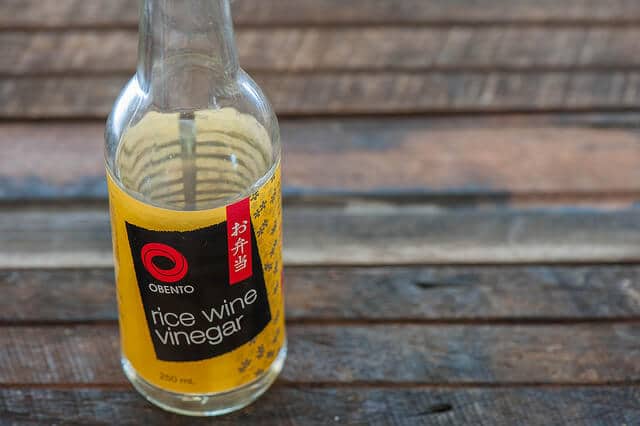
- Another rice sake and rice vinegar distinction is their use.
Latter is known as a cooking ingredient whereas an alcoholic counterpart is meant for intaking mostly (even though it’s often added to foods).
- Finally, rice sake does contain alcohol and its counterpart has no trace of it.
Is it true that rice acetum and sake vinegar can be interchanged? Unfortunately, it’s not. The optimal substitutes for the first one will be dry sherry or white wine whereas for the latter apple vinegar fits best of all.
What is Sake?
To make the distinction clear, let’s take a closer look at such a product as grain alcohol.
White grain beverage is an alcoholic liquid refreshment, and its alcohol content is surprisingly high compared to some Western beverages.

A bottle of this beverage contains between eighteen to twenty-five percent of alcohol (compare it with 3-9% in beer and 9-16% in alcoholic refreshments).
If anyone ever wondered “What is grain alcohol called?”, its real name is sake.
Is Sake and rice vinegar the same for Cooking Goals?
When it comes to culinary, people start wondering: is there a difference between how we make use of grain acetum and grain sake vinegar?
Well, certain peculiarities do exist.
Grain alcohol and rice vinegar have different structures since sake is an alcoholic drink and its counterpart is not.
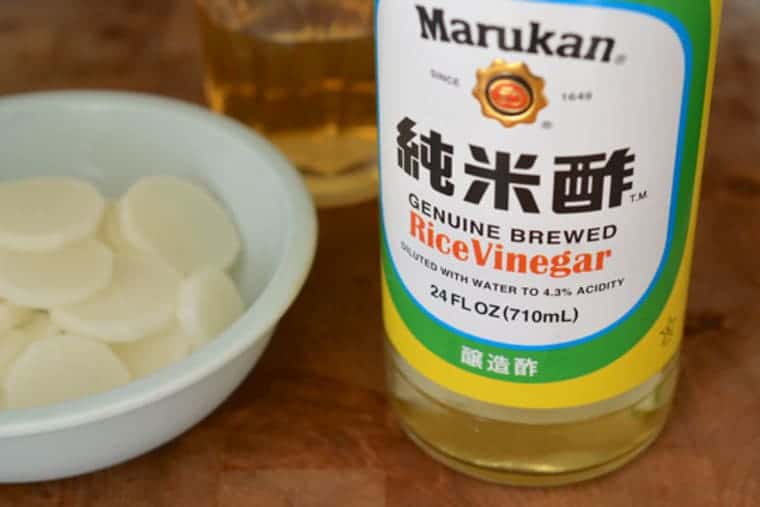
For this reason, grain acetum is good for preparing marinades and dips, for dressings, and for all sorts of flavoring in general. On the other hand, grain alcohol would be better for highlighting the food’s taste and enriching its flavor but that’s all.
Now we hope that you’re more knowledgeable about the peculiarities of these two products than before.
Both of them are quite easy to find and use, and the result will be enjoyable since they will enhance the original taste of dishes adding special notes to them.
Feel free to experiment and take care!
Read next: How Long Does Salsa Last?
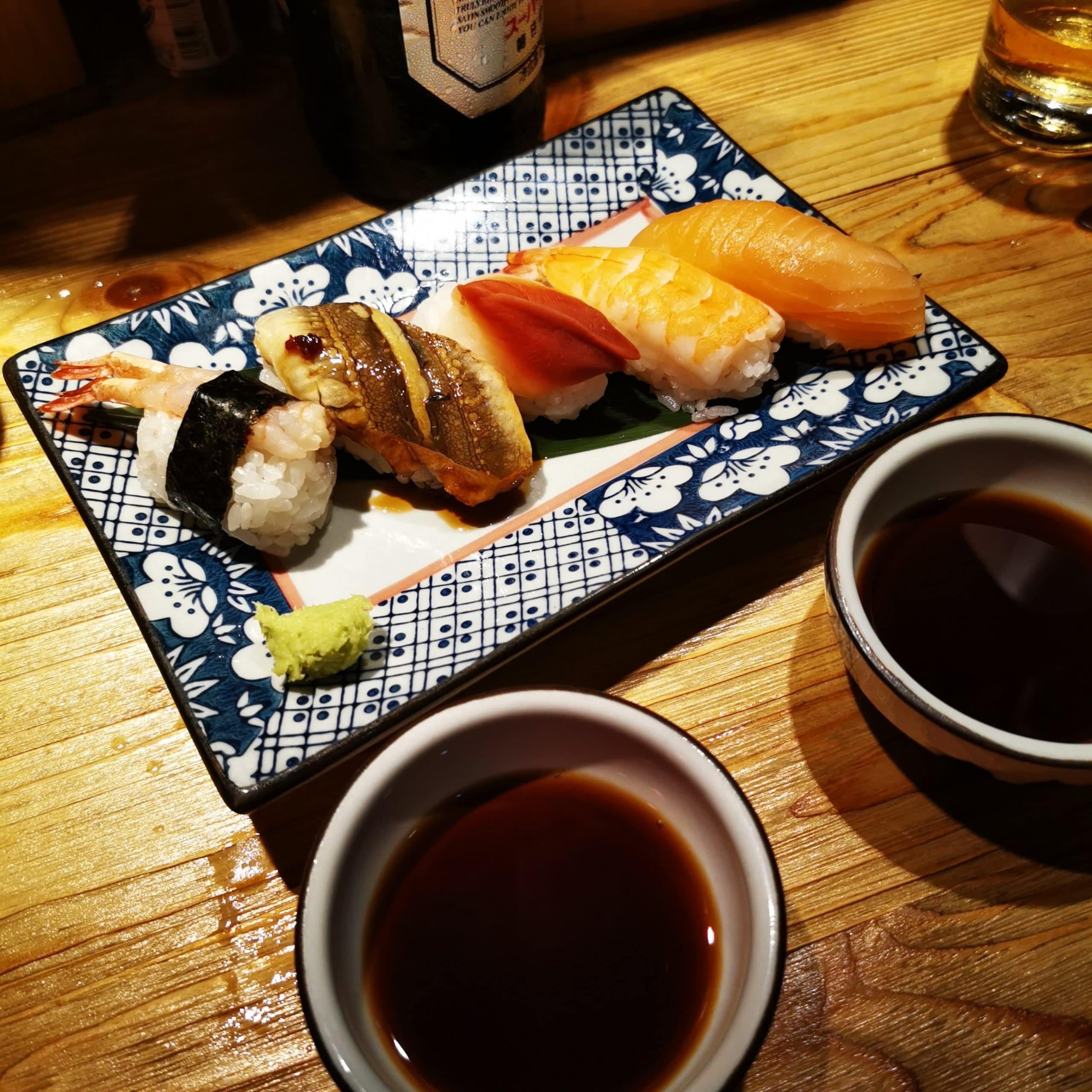
I’m going to try some Japanese cuisine at home and I decided to use all the original ingredients. I noticed that many dishes include rice wine. What is rice cooking wine? Is it the same as simple rice wine (sake)?
Hey! Well, as far as I know, rice wine for cooking is basically the same as rice wine beverages for drinking. The one used for culinary is called mijiu, another one, as you correctly mentioned, is sake. But both are made of fermented rice, and, if I recall it right, rice wine is much stronger than our Western beverages (its alcohol level is something like 18 to 25 percent).
What is a good substitute for rice wine vinegar? It’s pretty hard to find one in my town and ordering it through the delivery service…I think it’s not worth it since I’ll have to wait too long. Too much fuss. Does anyone know any replacements? Thanks.
There is plenty of substitutes, in fact! Try champagne vinegar since it’s the closest match. Also, white wine or sherry vinegar could be fine. A friend of mine uses apple cider vinegar, by the way, and he sais it works just perfectly! What else? In case you don’t like vinegar, you could try lemon or lime juice but the taste will be completely different.
Is mirin the same as rice wine? I’m so confused with all these products! Thanks for your help!
Yes, mirin is a kind of rice wine. It is sweet and syrupy, and it’s often used for seasoning and glazing. Compared to sake (rice wine), mirin contains less alcohol and more sugar.
A weird question maybe but still. Can you drink cooking rice wine? I heard it can be consumed as it is. Is that true?
Well, what I can tell you is that you can definitely get DRUNK of this cooking rice wine. However, those friends of mine who tried it pure (I mean not in a dish but just like a beverage) said that it tasted not quite well.
It’s understandable since the product is meant for cooking primarily.
Anyway, you could give it a try and take a sip or two to decide whether you want to go on! In any case, you can always buy a bottle of sake, right?
Does rice wine go bad? I have a bottle of it that’s been standing in my cabinet for several months or so, and now the liquid is slightly cloudy. Could it be spoiled?
Hello! I know that rice wine can stay good for up to six months if it is stored according to the requirements. I’d recommend you to take a sip and taste the drink. If the taste (and the smell) is ok, then it’s probably just aging.
Otherwise, you could stock it wrongly and the product spoiled.
HI! Does anyone know: what does rice wine taste like? I’d like to try to cook something from Asian cuisine but many dishes require this component, and I’m not sure what taste it will add to the food.
Thanks in advance!
Well, I didn’t try all the cooking rice wines that exist but I did try Chinese sort of it. That one tasted a bit weird as for me. It reminded me of a mix of vinegar, caramel, and spices. Rather peculiar taste that not everyone would enjoy I guess.
I never tried Japanese products so I can’t tell you anything about them. They say Japanese rice wine is milder though.